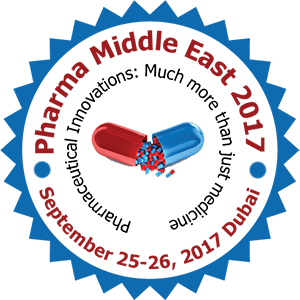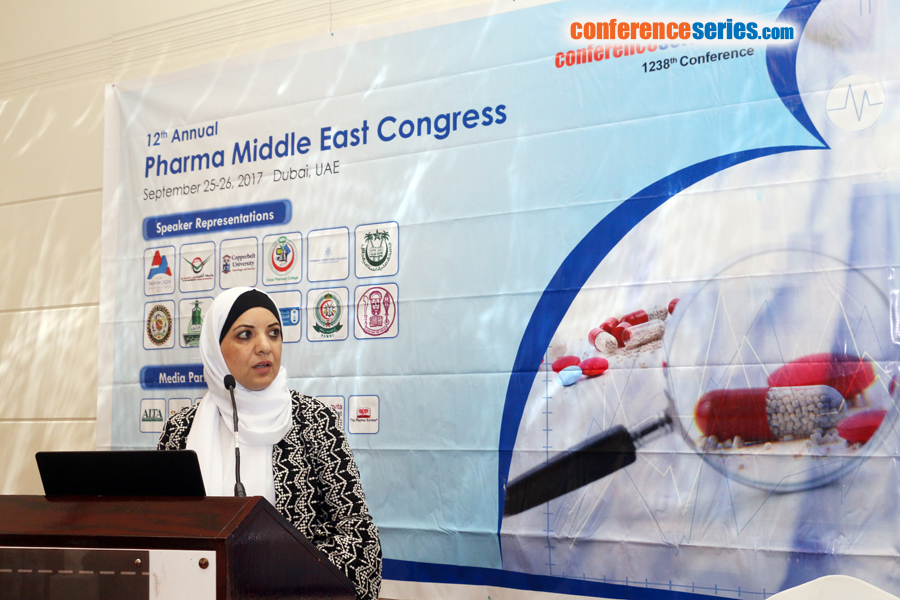
Sawsan Abuhamdah
Al Ain University of Science and Technology, UAE
Title: Melissa officinalis L. essential oil as potential treatment for agitation in people with severe dementia
Biography
Biography: Sawsan Abuhamdah
Abstract
Agitation is a common clinical challenge; it often precedes the diagnosis of common age-related disorders of cognition such as Alzheimer's disease. More than 80 percentages of people who develop Alzheimer's eventually become agitated or aggressive. Agitation also accompanies dementia, it has been estimated that agitated behaviour occurs in 70-90 percentage of the patients with dementia at some point during their illness. An ideal agent for the acute treatment of agitated patients should be easy to administer and not traumatic; provide tranquilization without excessive sedation; have a rapid onset of action and have low risk for significant adverse reactions and drug interactions. Currently available pharmacologic treatments for agitation do not fulfil all of these criteria; there are significant unmet needs for novel anti-agitation treatments. Several plant species are used for their effect on symptoms such as anxiety, restlessness, and excitability these include Melissa officinalis, commonly known as lemon balm a member of the mint family, has been considered for many centuries as a "calming" herb. It was used as far back as the middle ages to reduce stress and anxiety and promote sleep. In order to elucidate the pharmacological basis for Melissa actions, a pharmacological screen has been conducted using radioligand binding focusing on a range of ligand-gated ion channels, in rat cortical membranes. Melissa oils were sourced from four separate authenticated suppliers. Interactions of the oils with both G-protein coupled receptors (5-HT1A, 5-HT2A, muscarinic M1 and histamine H3) and ligand-gated ion channel receptors (NMDA, nicotinic and GABAA channel, agonist and benzodiazepine sites) implicated in agitation in severe dementia have been examined.





